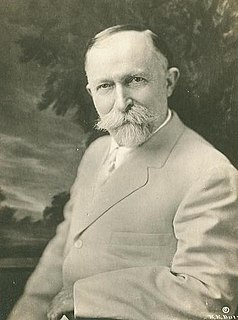A Quote by Patrick Henry
Suspicion is a Virtue, if in the interests of the good of the people.
Related Quotes
Do unto others…’ is a good rule of thumb. I live by that. Forgiveness is probably the greatest virtue there is. But that’s exactly what it is - a virtue. Not just a Christian virtue. No one owns being good. I’m good. I just don’t believe I’ll be rewarded for it in heaven. My reward is here and now. It’s knowing that I try to do the right thing. That I lived a good life. And that’s where spirituality really lost its way. When it became a stick to beat people with. ‘Do this or you’ll burn in hell.’ You won’t burn in hell. But be nice anyway.
The tools are evolving, and people's interests are evolving as well. So, suddenly people like to hear bands, people like Devendra Banhart or the xx, bands that make a kind of virtue of sloppiness. That isn't what they would describe what they're doing, but the fact is they make a virtue of the sort of hand-made nature of what they're doing.
If the state cannot be entirely composed of good men, and yet each citizen is expected to do his own business well, and must therefore have virtue, still inasmuch as all the citizens cannot be alike, the virtue of the citizen and of the good man cannot coincide. All must have the virtue of the good citizen - thus, and thus only, can the state be perfect; but they will not have the virtue of a good man, unless we assume that in the good state all the citizens must be good.
One may say that evil does not exist for subjective man at all, that there exist only different conceptions of good. Nobody ever does anything deliberately in the interests of evil, for the sake of evil. Everybody acts in the interests of good, as he understands it. But everybody understands it in a different way. Consequently men drown, slay, and kill one another in the interests of good.
Men are to be guided only by their self-interests. Good government is a good balancing of these; and, except a keen eye and appetite for self-interest, requires no virtue in any quarter. To both parties it is emphatically a machine: to the discontented, a taxing-machine; to the contented, a machine for securing property. Its duties and its faults are not those of a father, but of an active parish-constable.
And what does reward virtue? You think the communist commissar rewards virtue? You think a Hitler rewards virtue? You think, excuse me, if you'll pardon me, American presidents reward virtue? Do they choose their appointees on the basis of the virtue of the people appointed or on the basis of their political clout?
































